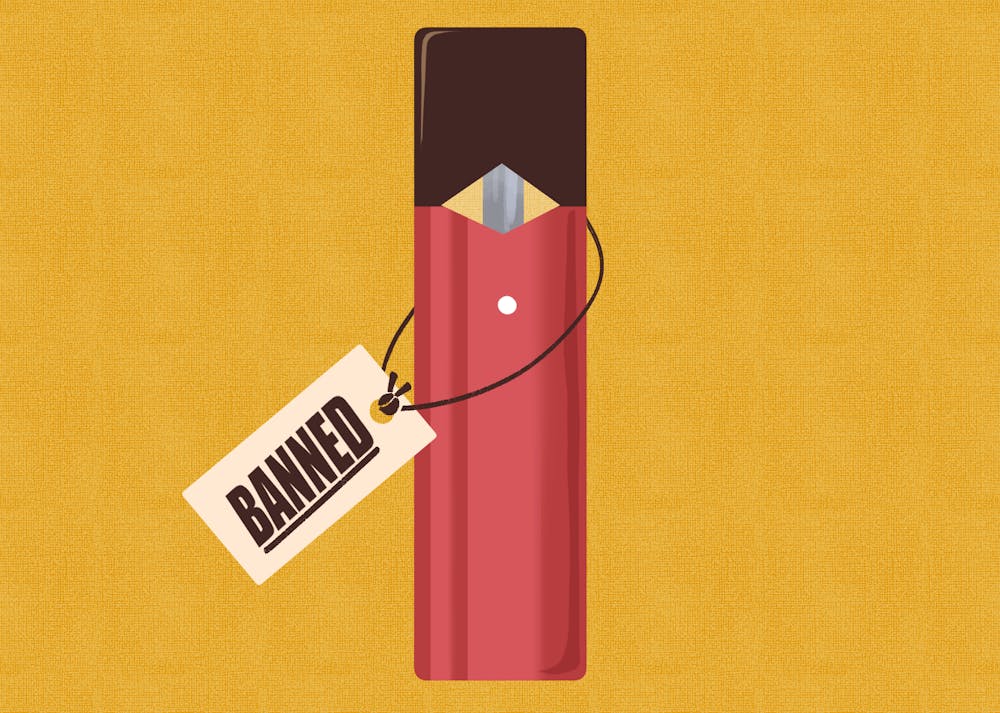Arizona Attorney General Kris Mayes joined other attorneys general in publicly demanding the Center for Tobacco Products to remove Electronic Nicotine Delivery Systems (ENDS) with flavors targeting a younger demographic from the market with a five-year plan.
The letter was released in mid-September and supports the recent efforts made by Tempe City Council. In October, Tempe raised the age limit to buy tobacco products from 18 to 21, which will go into effect in May 2024.
Councilmember Doreen Garlid pushed this initiative as part of the Human Services and Community Safety Council Committee.
"As leaders, it's our responsibility to advocate for the health and safety of our community," Garild said in an email. "With our council's recent passage of the tobacco ordinance, we'll be able to better track and work alongside retailers to make sure tobacco is staying out of the hands of our youth."
Garlid said she wants to continue working with the community and organizations to decrease young adults' use of nicotine.
"I look forward to seeing the data that comes out of this licensing program and working together with our businesses and stakeholders to look into any other future initiatives that may help decrease tobacco use in our community," Garlid said.
READ MORE: Tempe City Council raises tobacco purchase age, local owners speak on the effects
Of U.S. college students, 78% said they had used e-cigarettes or other vaping products in the past three months, according to Statista. Various flavored vapes on the market have shown a 1,500% increase since 2020.
There are two main goals to this plan laid out by the attorneys general: to enforce tobacco regulations and to ensure industry compliance.
Regulations include banning all non-tobacco flavors in vapes, limiting the concentration of addictive chemicals in vaping devices, and restricting disposables leaving cartridge-based productions. The second part of the goal Mayes supports is to target the entire supply chain from production to distribution.
"I think limiting the flavors will lower younger groups from vaping because having those types of flavors are catered to young people," Lucy Piemme, a freshman studying business, said. "It would stop the trend early on."
Compared to cigarettes, vaping is much harder to quit because it's always available and has a higher nicotine percentage, according to John Hopkins Professor Dr. Michael Blaha. Of all vape product users, 29.5% start because of the flavors, according to The National Institutes of Health.
The potential ban, supported by 33 attorneys general, would have the FDA remove flavors targeting young people from the market. Mia, an ASU student who requested only to be identified by her first name, said she has been vaping since she was 15.
"I started vaping because my older friends started, so eventually I did too," Mia said. "I don’t think I would have started if they were unflavored. At first, it was cool tricks and fun flavors … now I’m addicted."
Edited by Alysa Horton, Walker Smith and Caera Learmonth.
Reach the reporter at maddieleberre@gmail.com and follow @maddieleberre on X.
Like The State Press on Facebook and follow @statepress on X.




